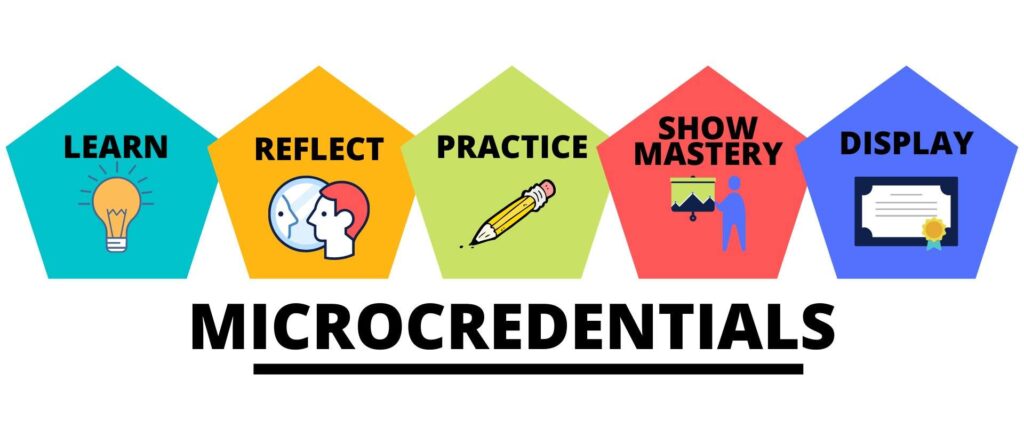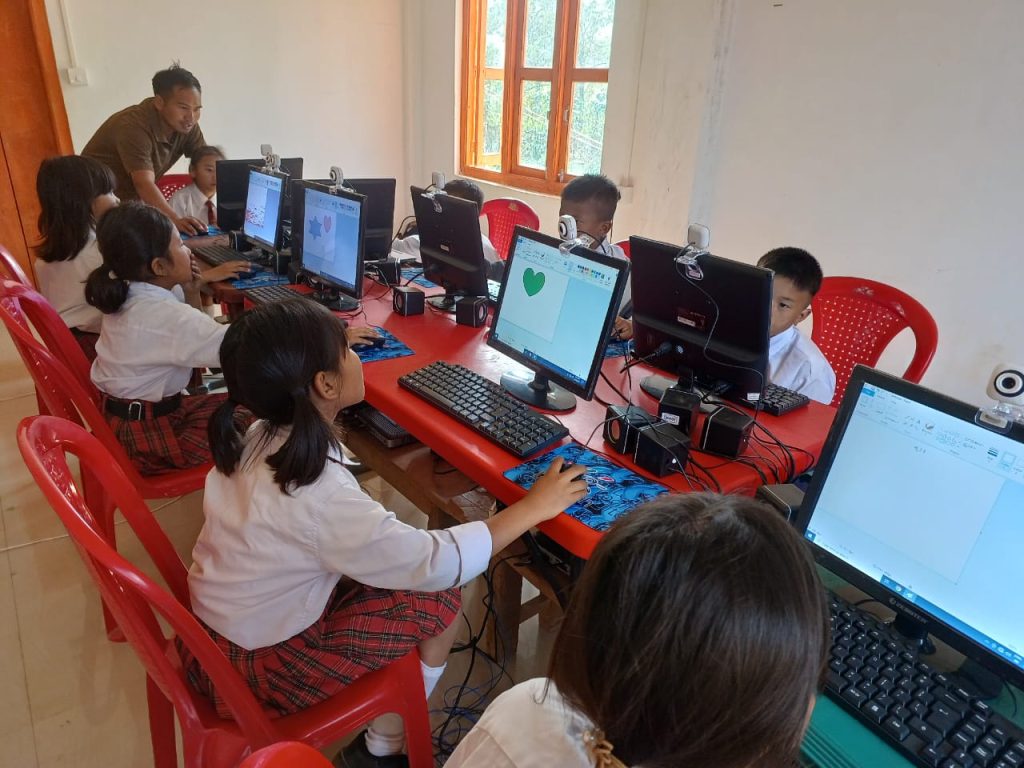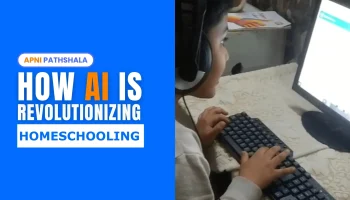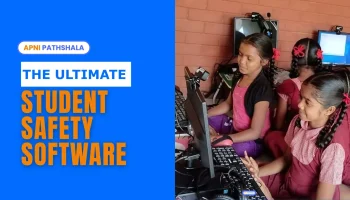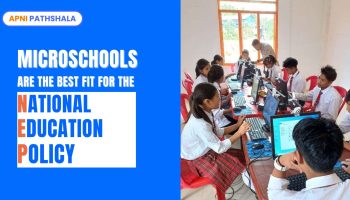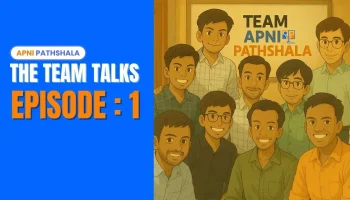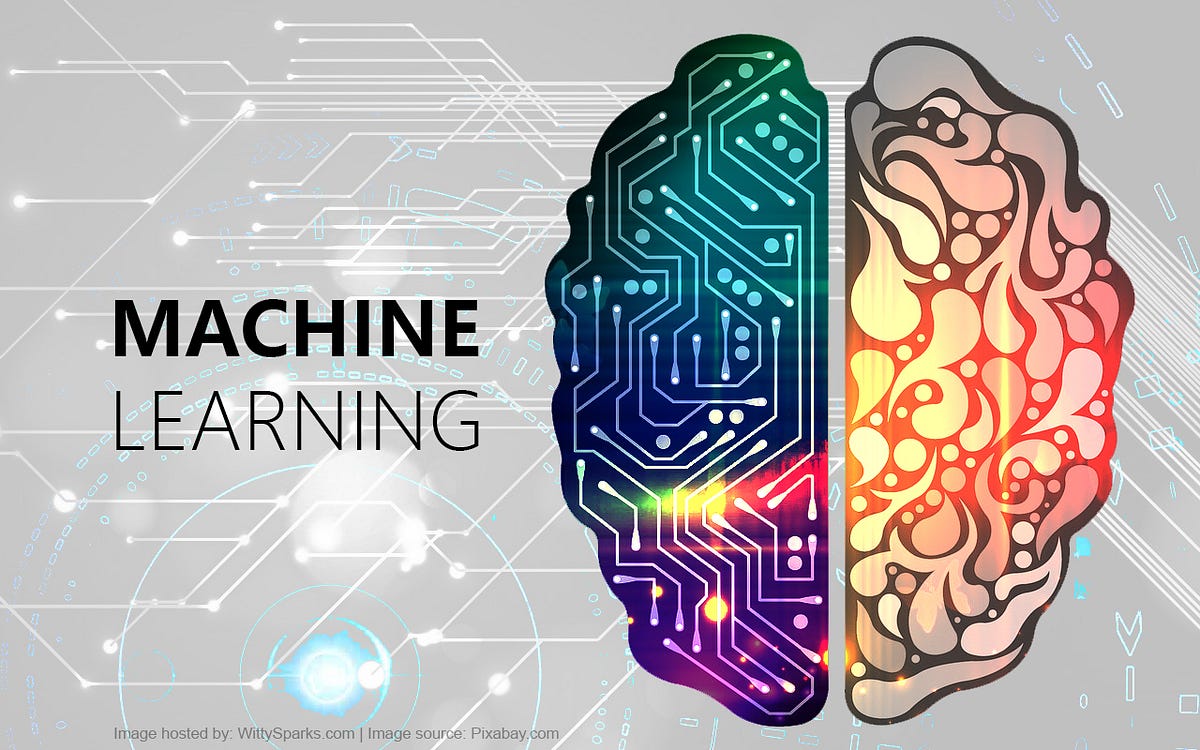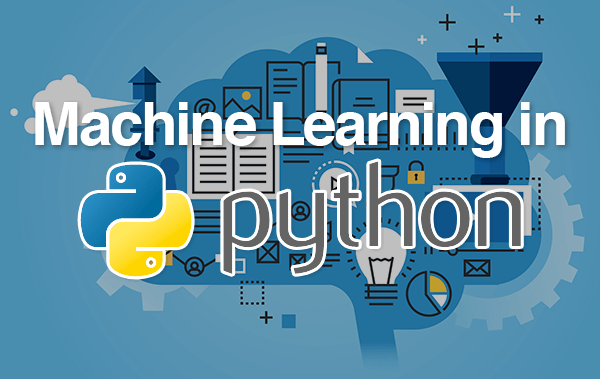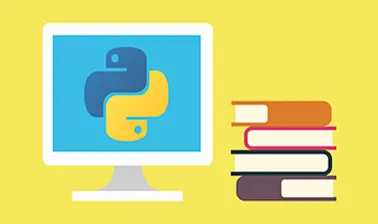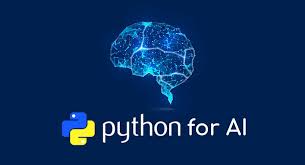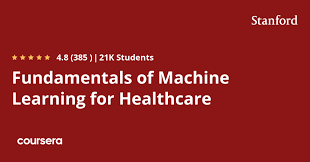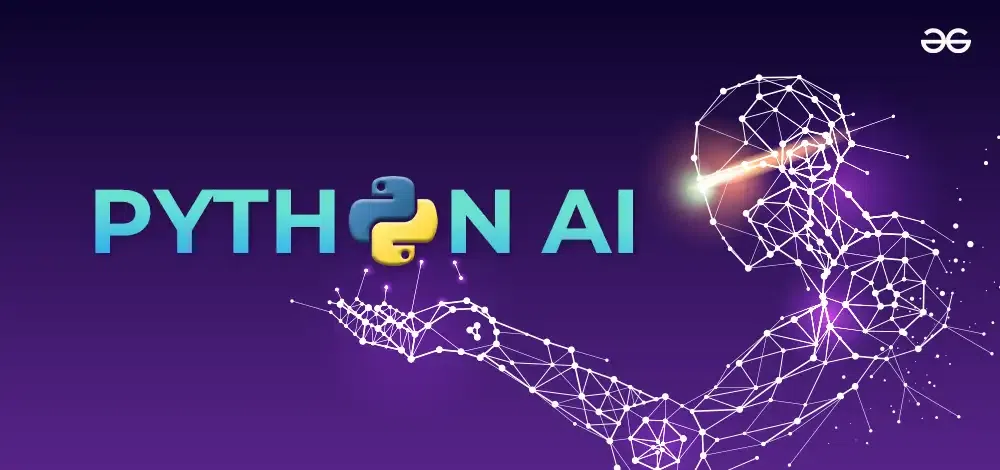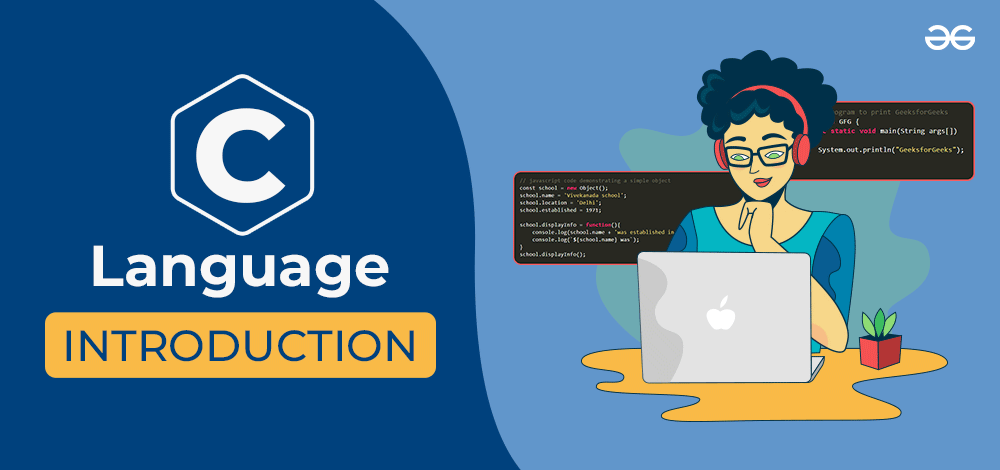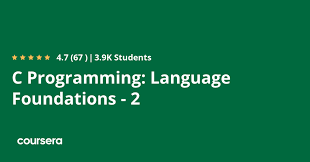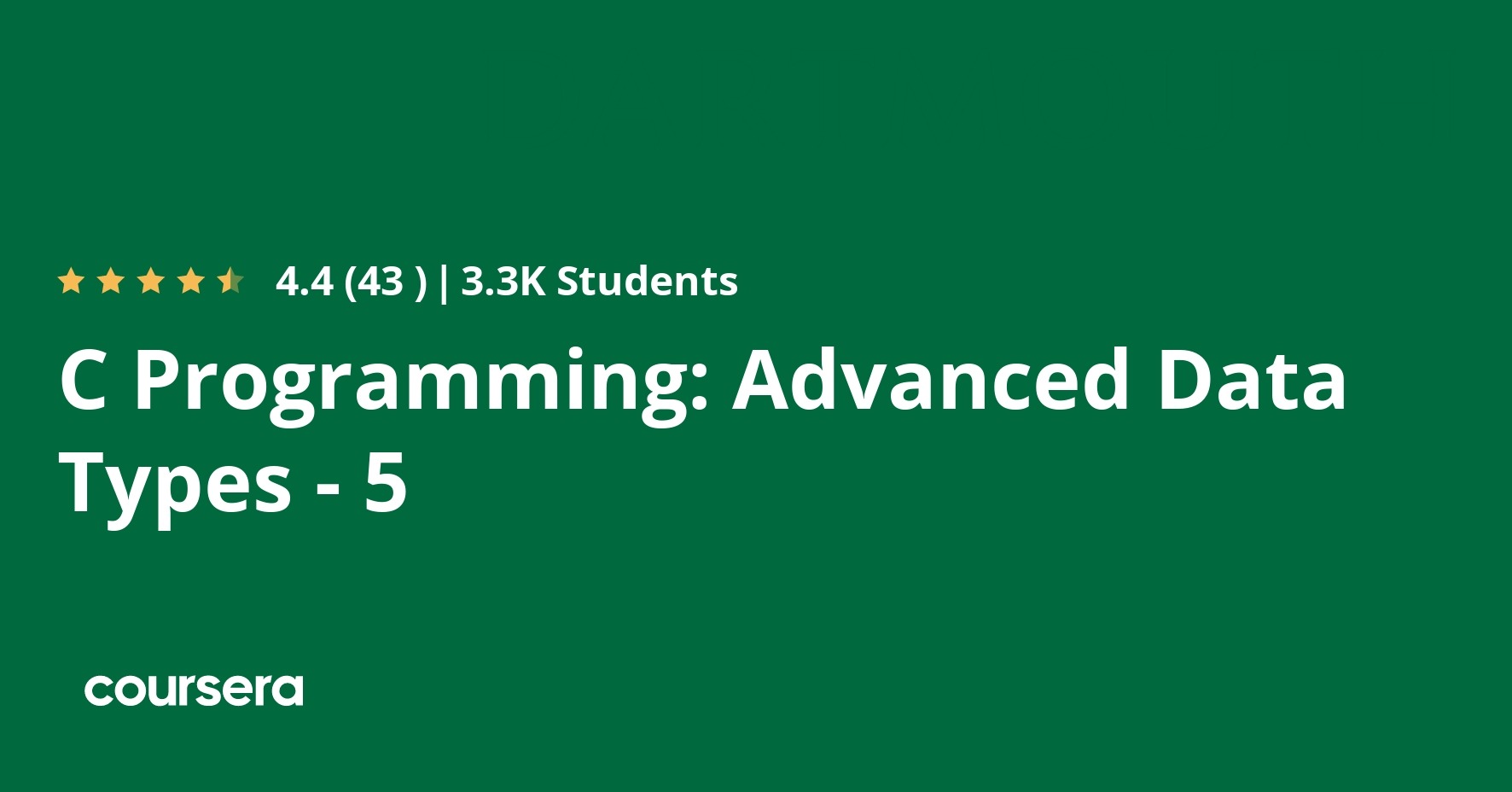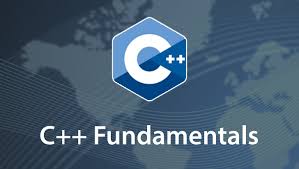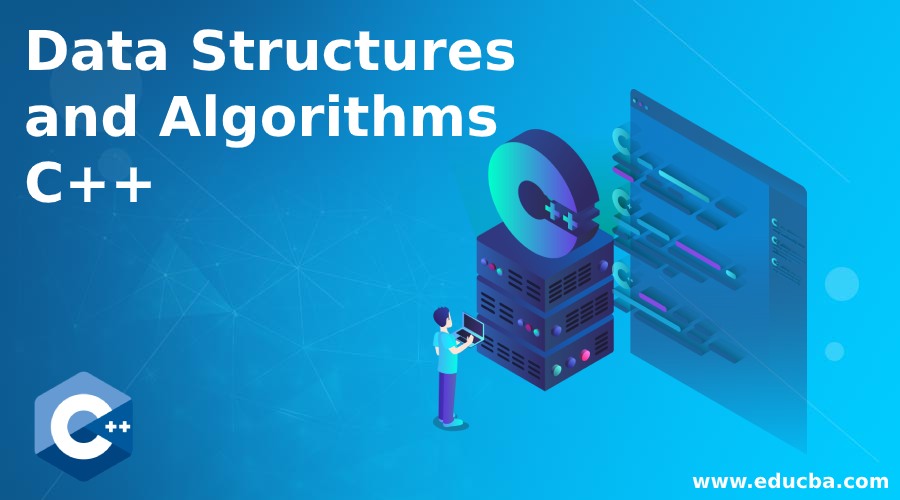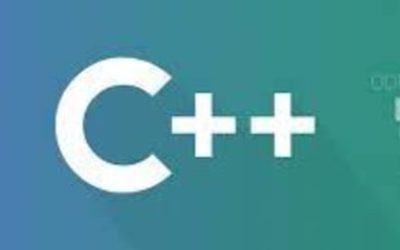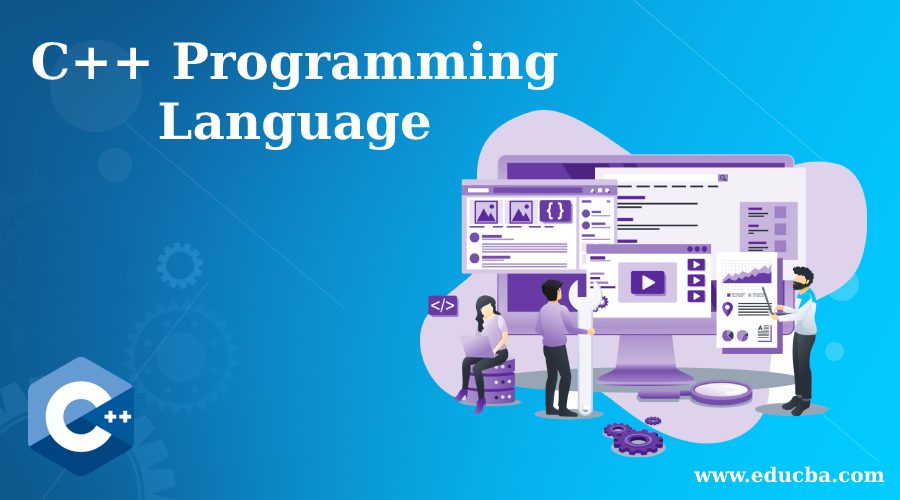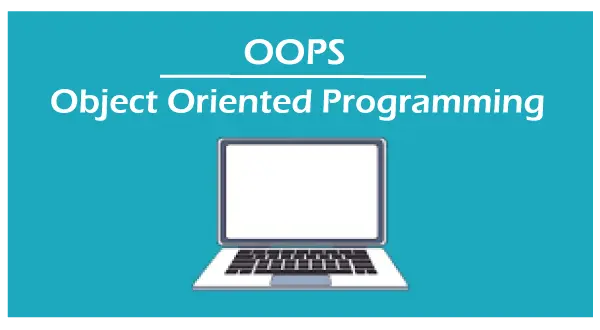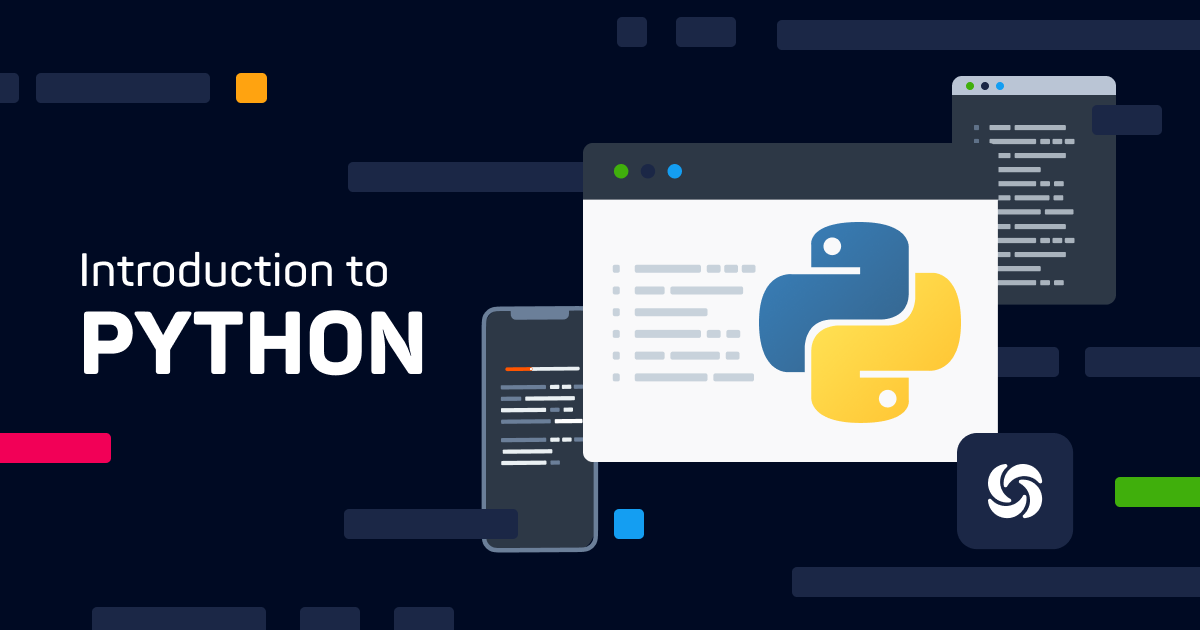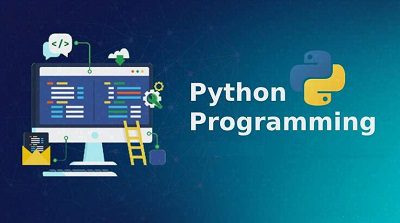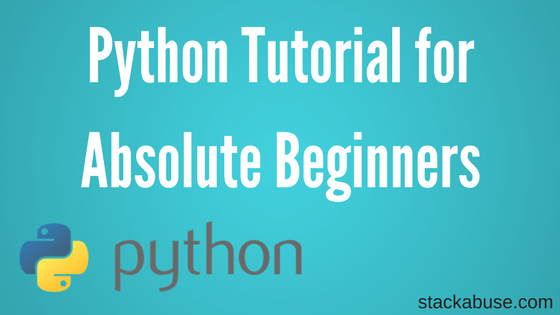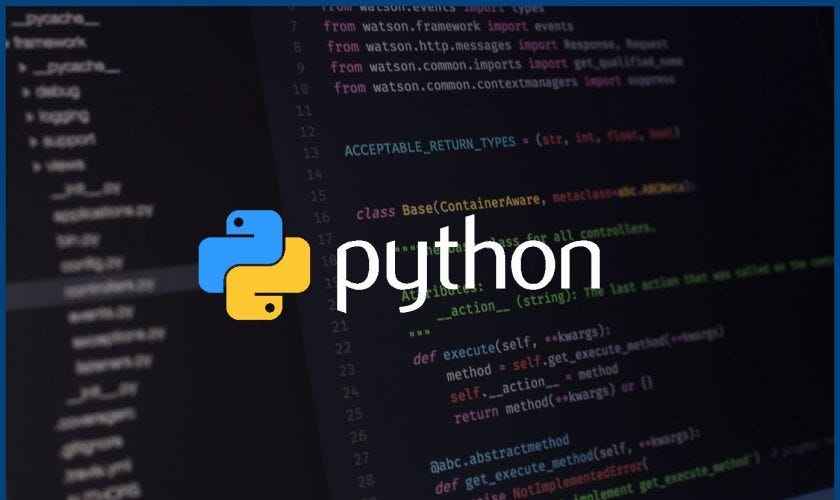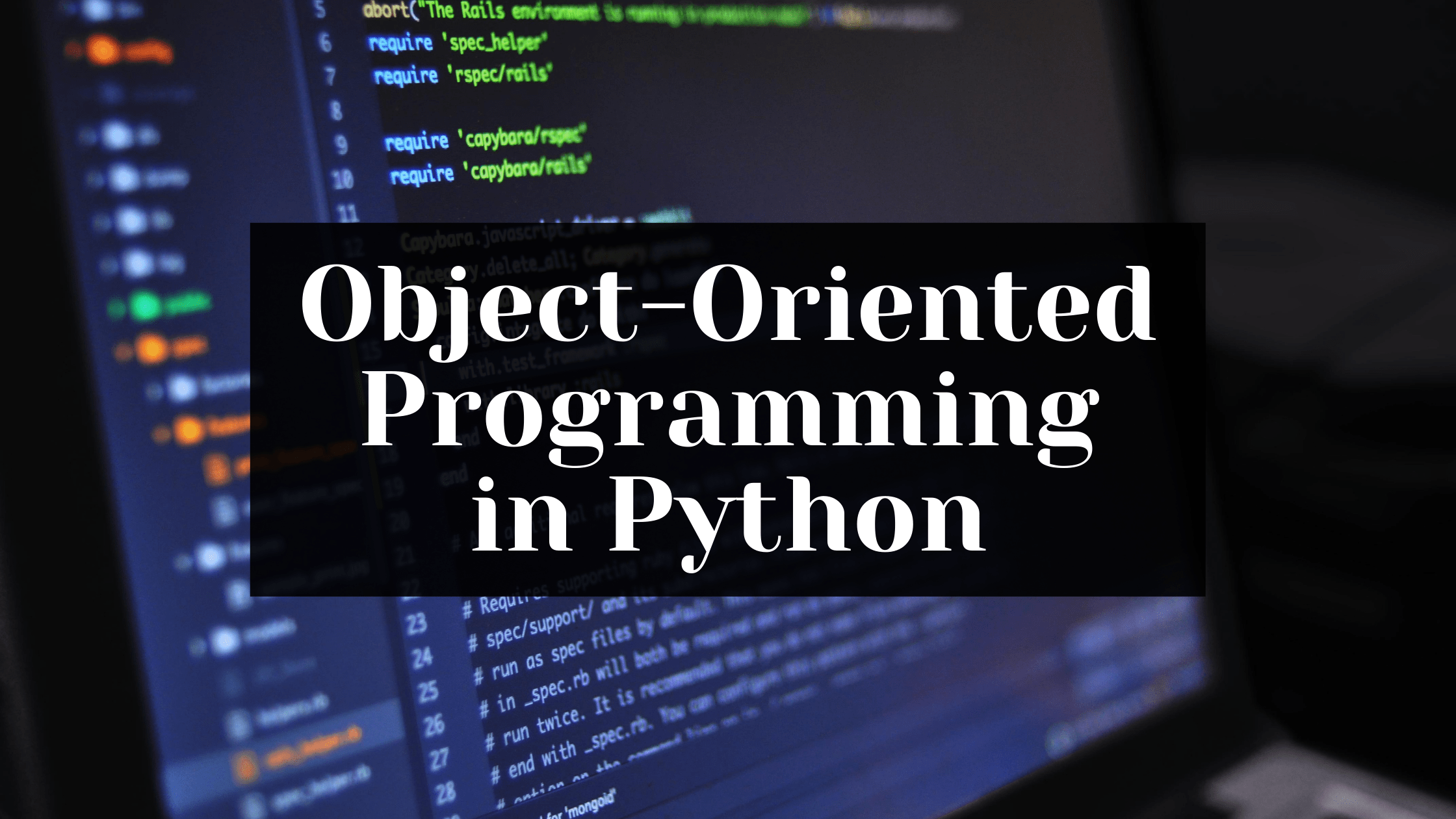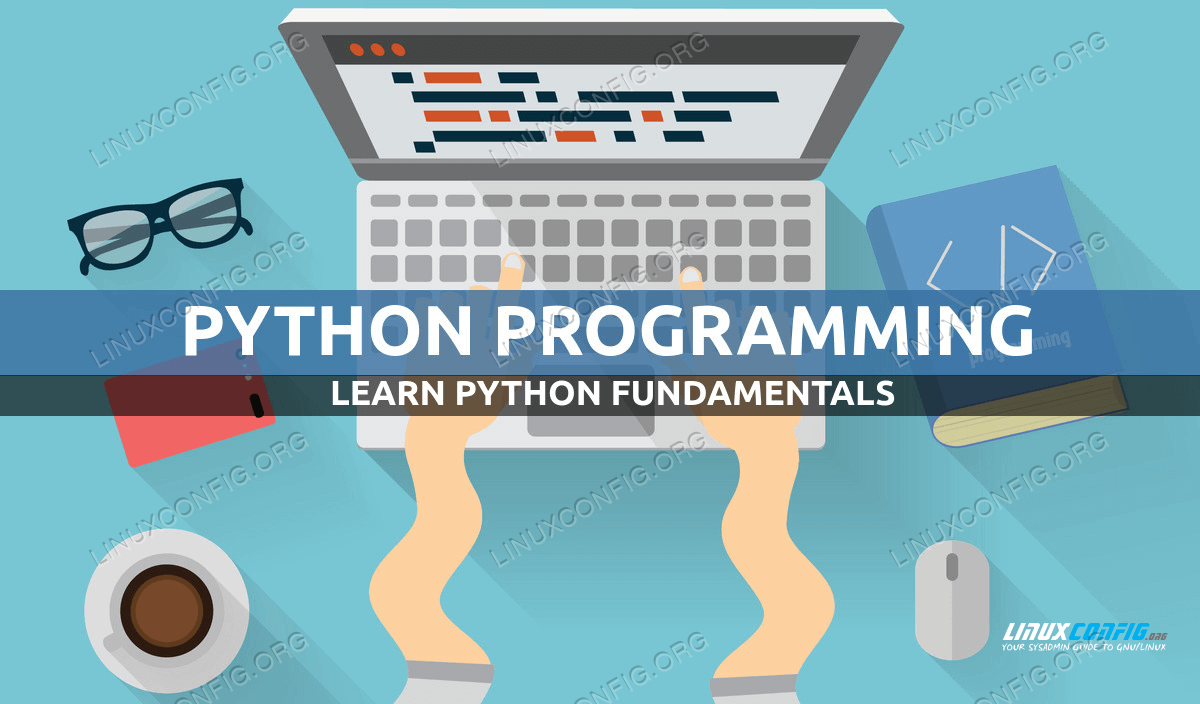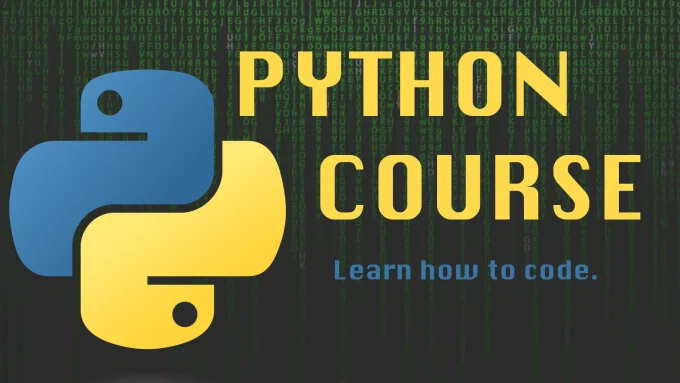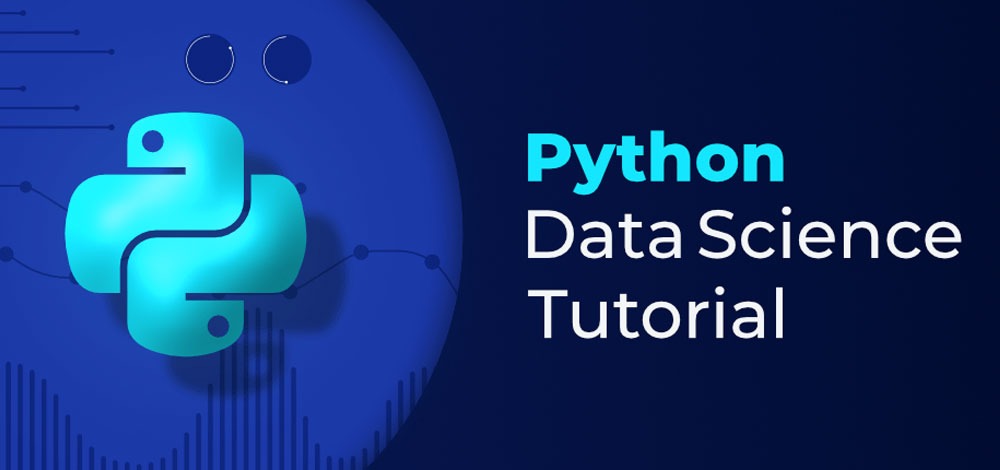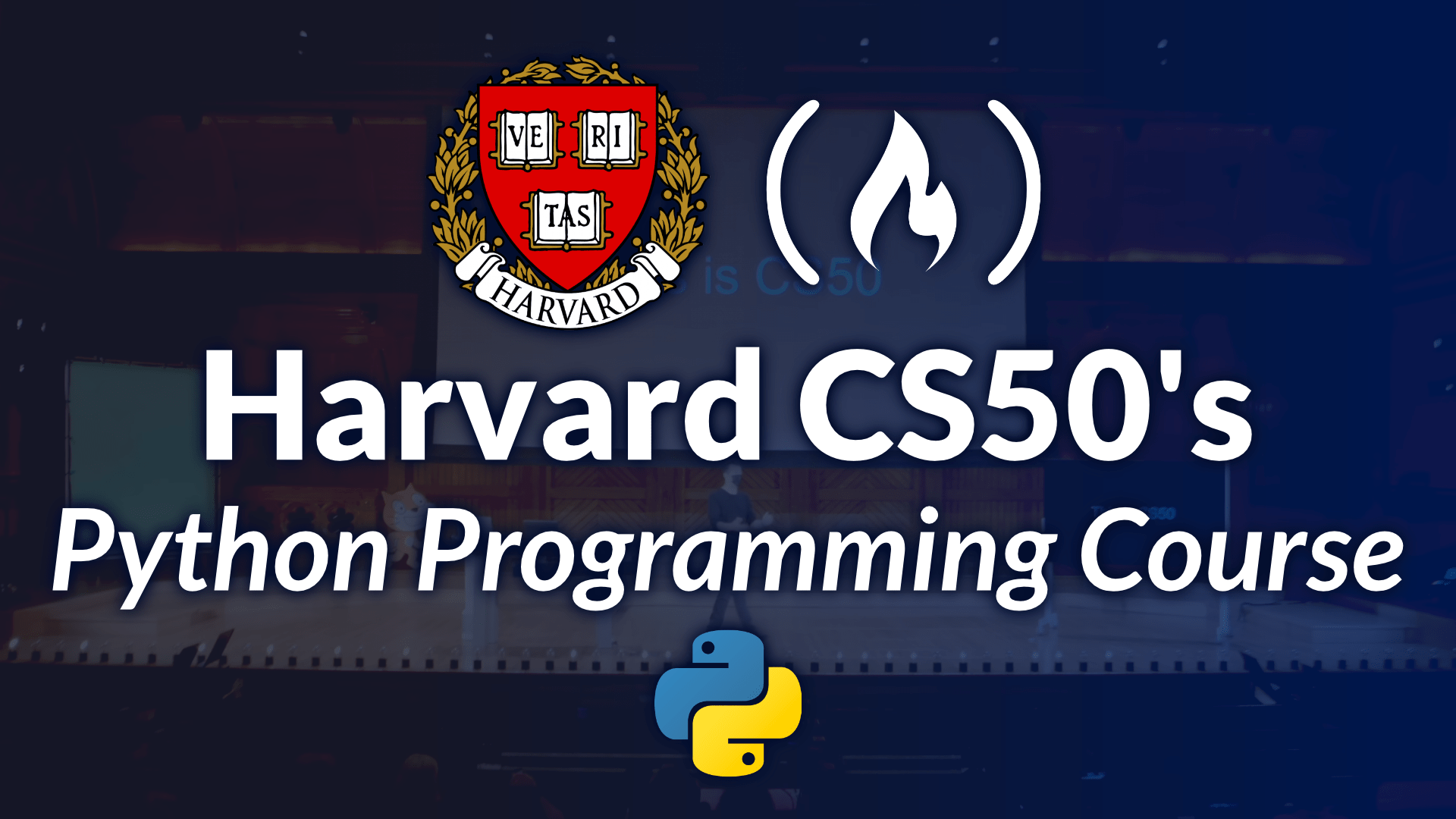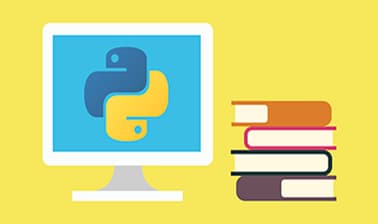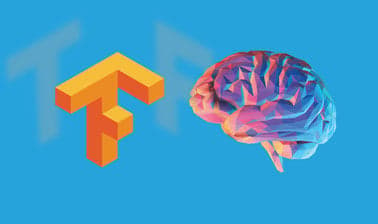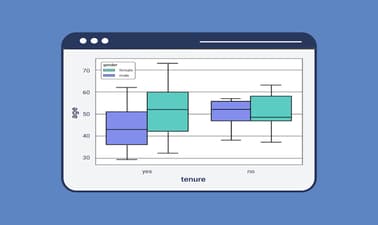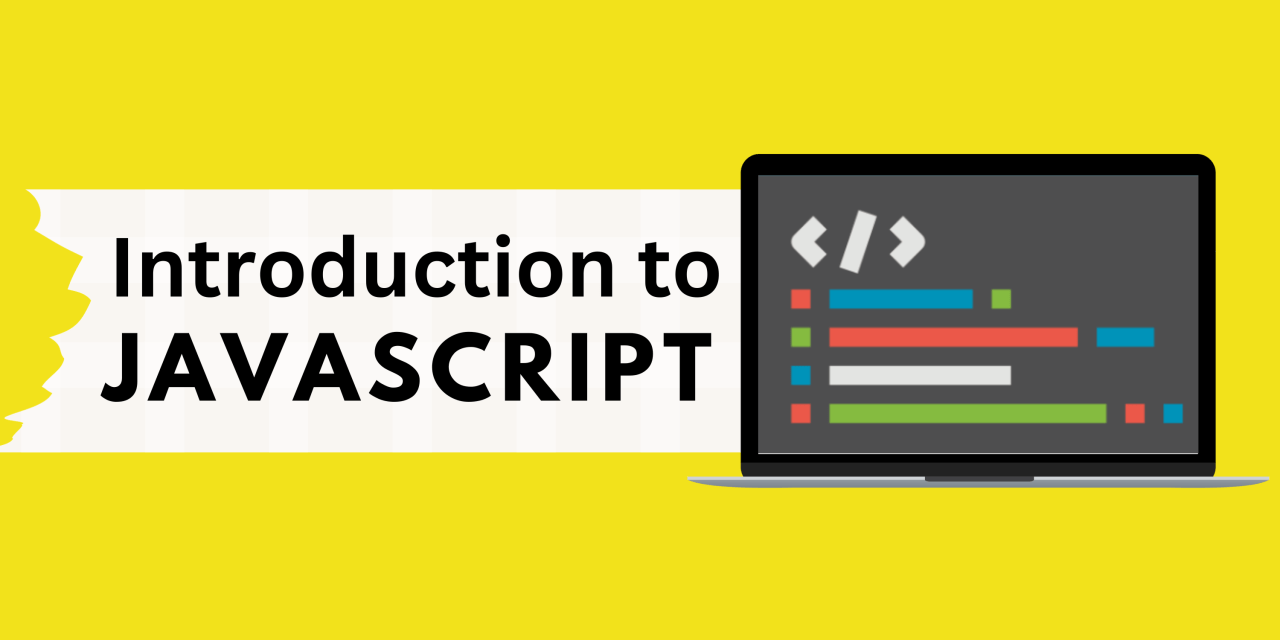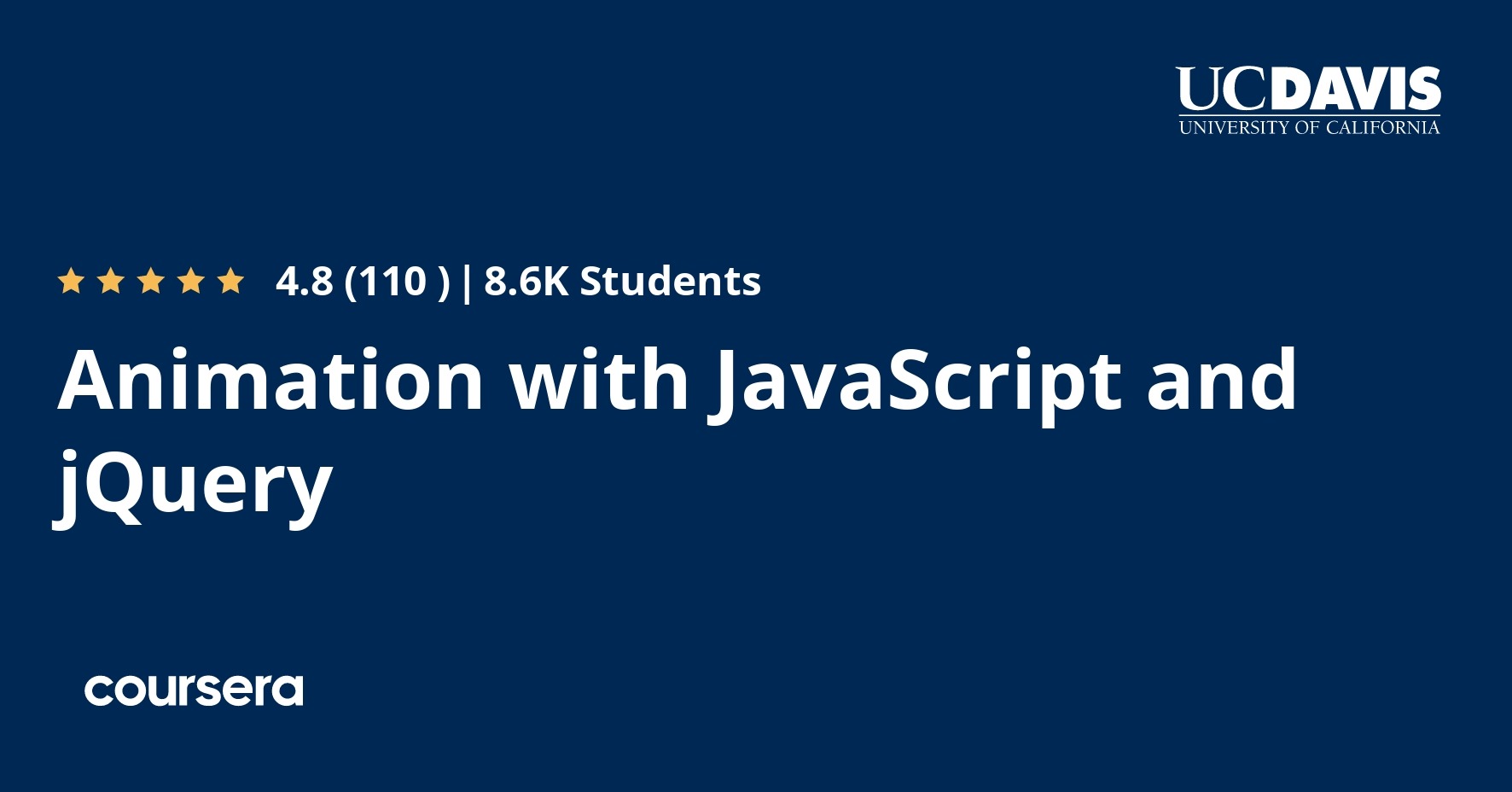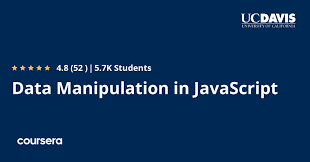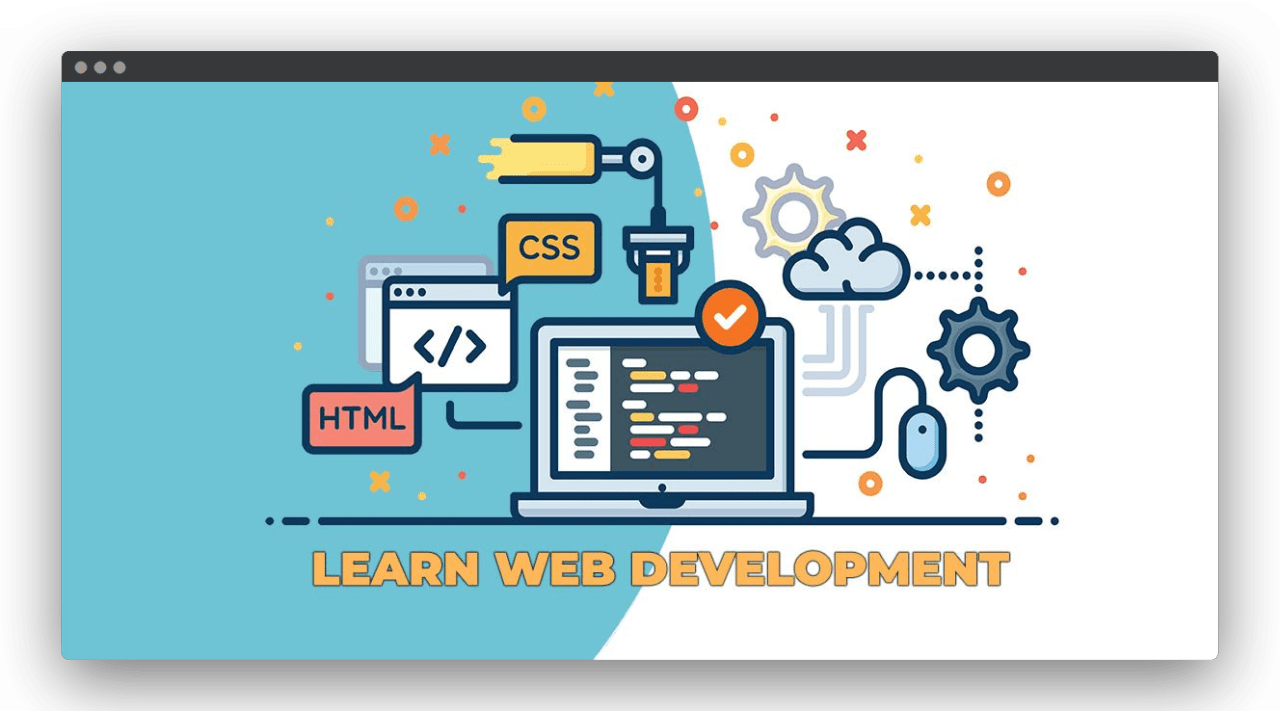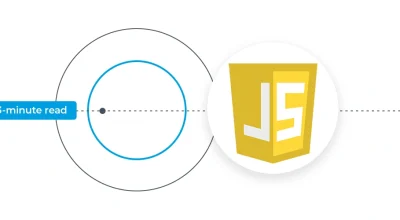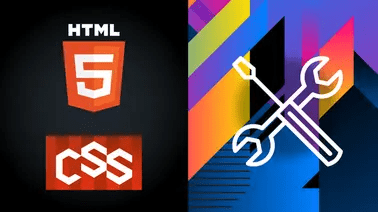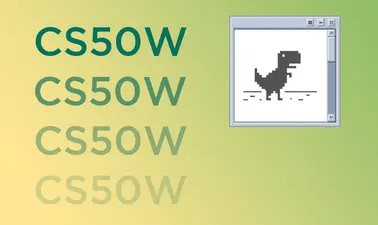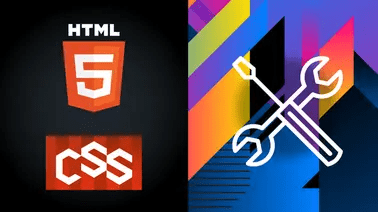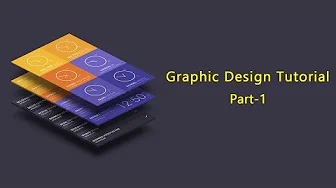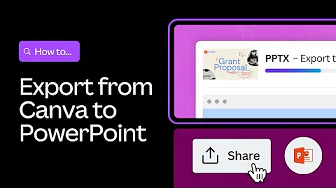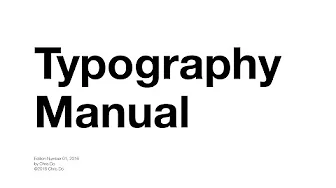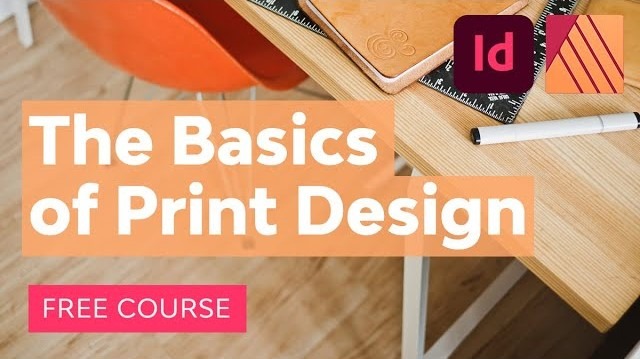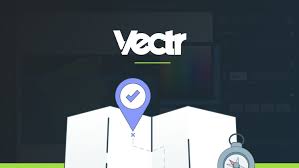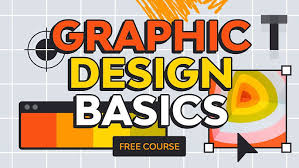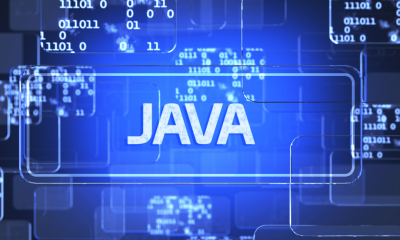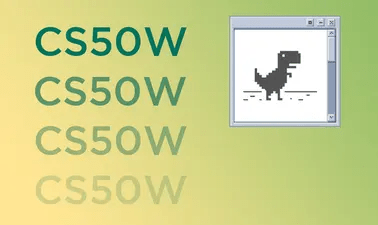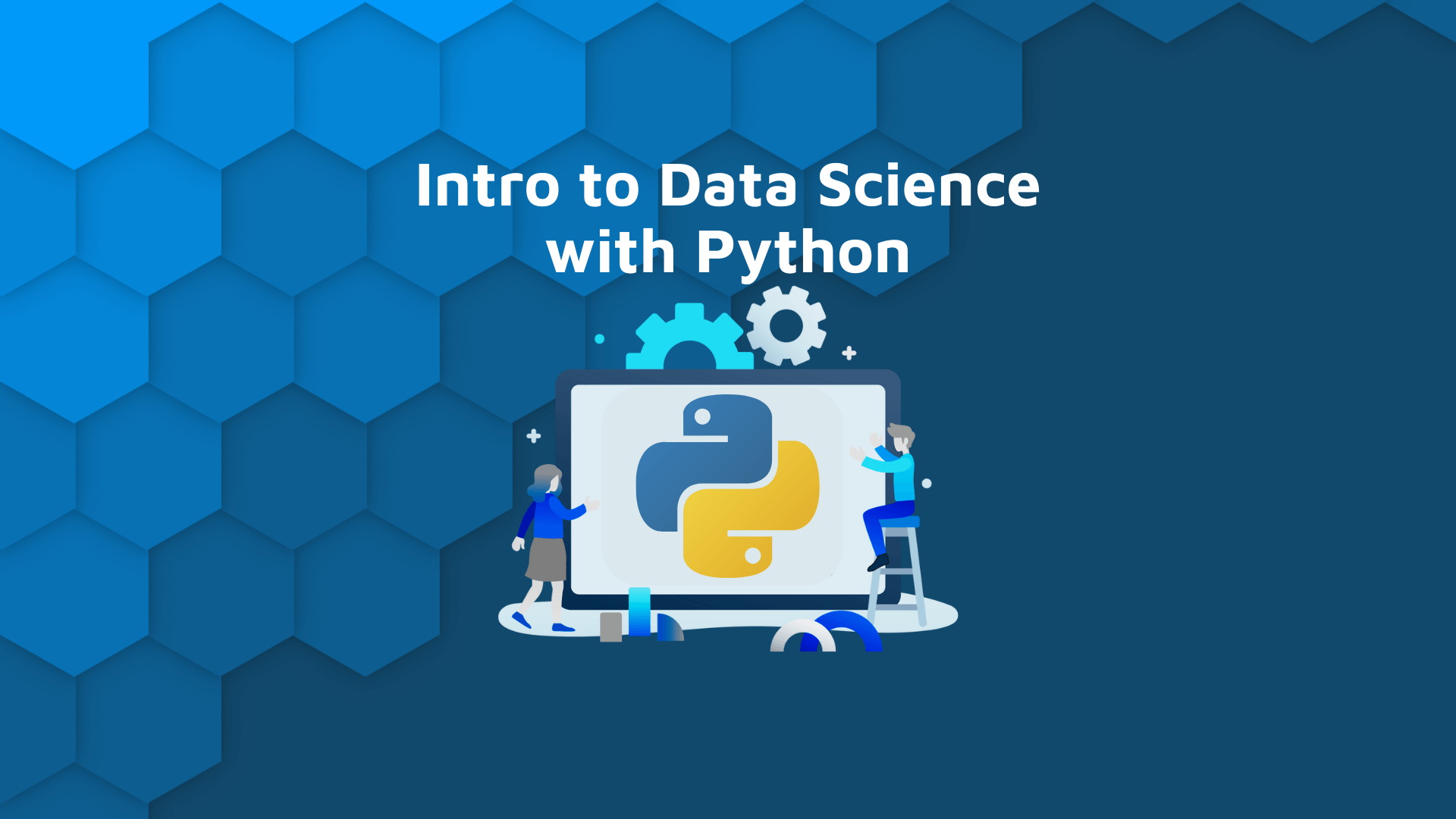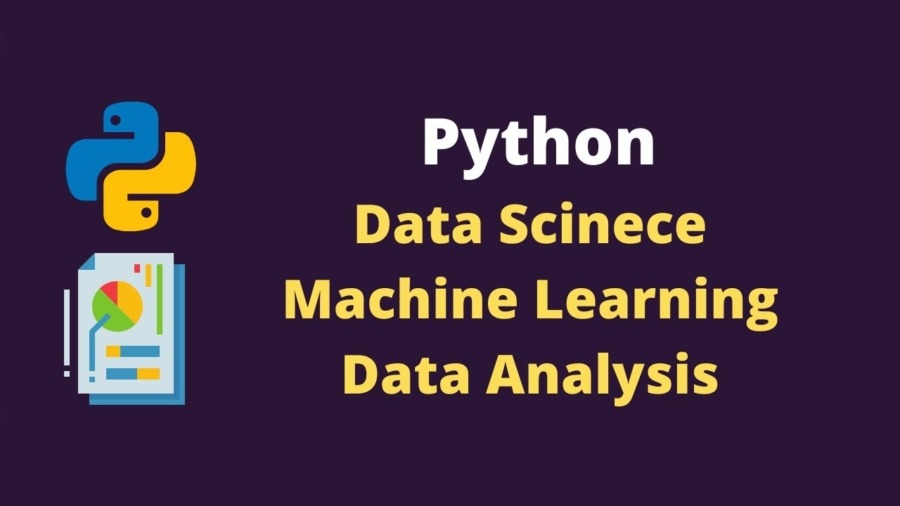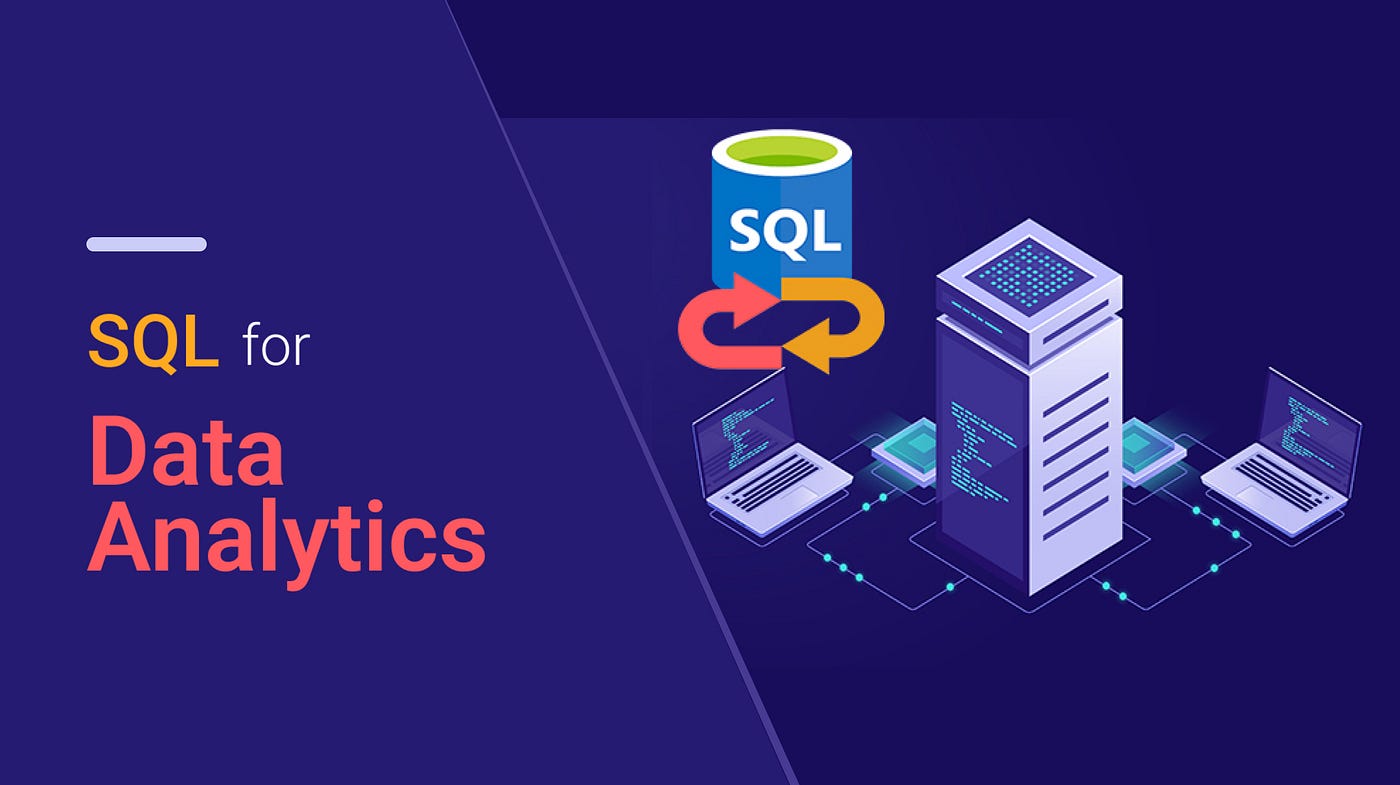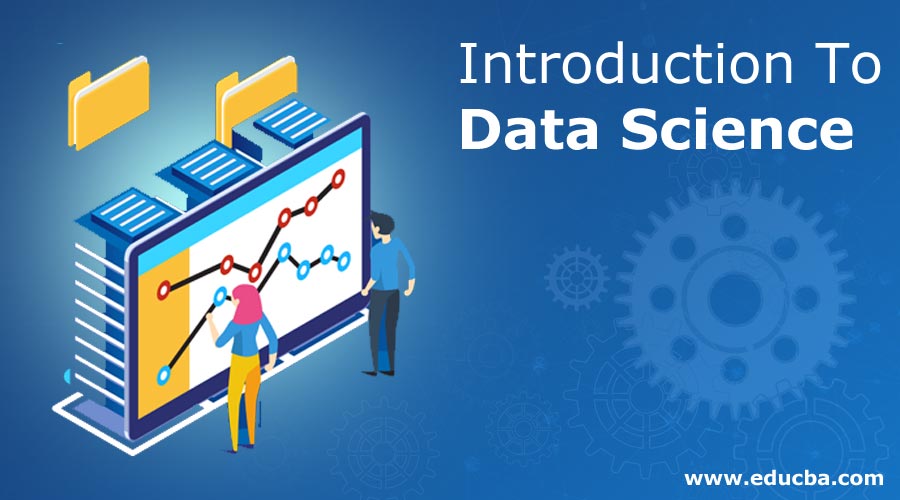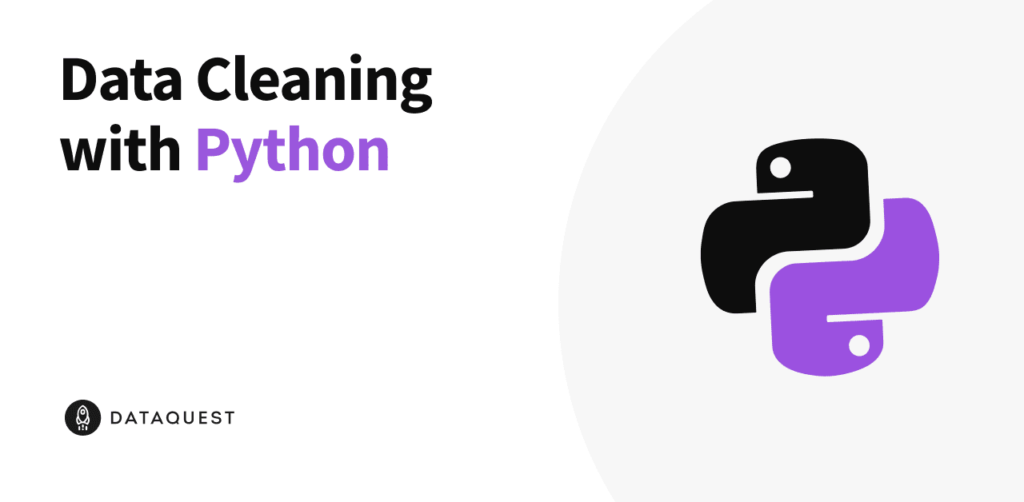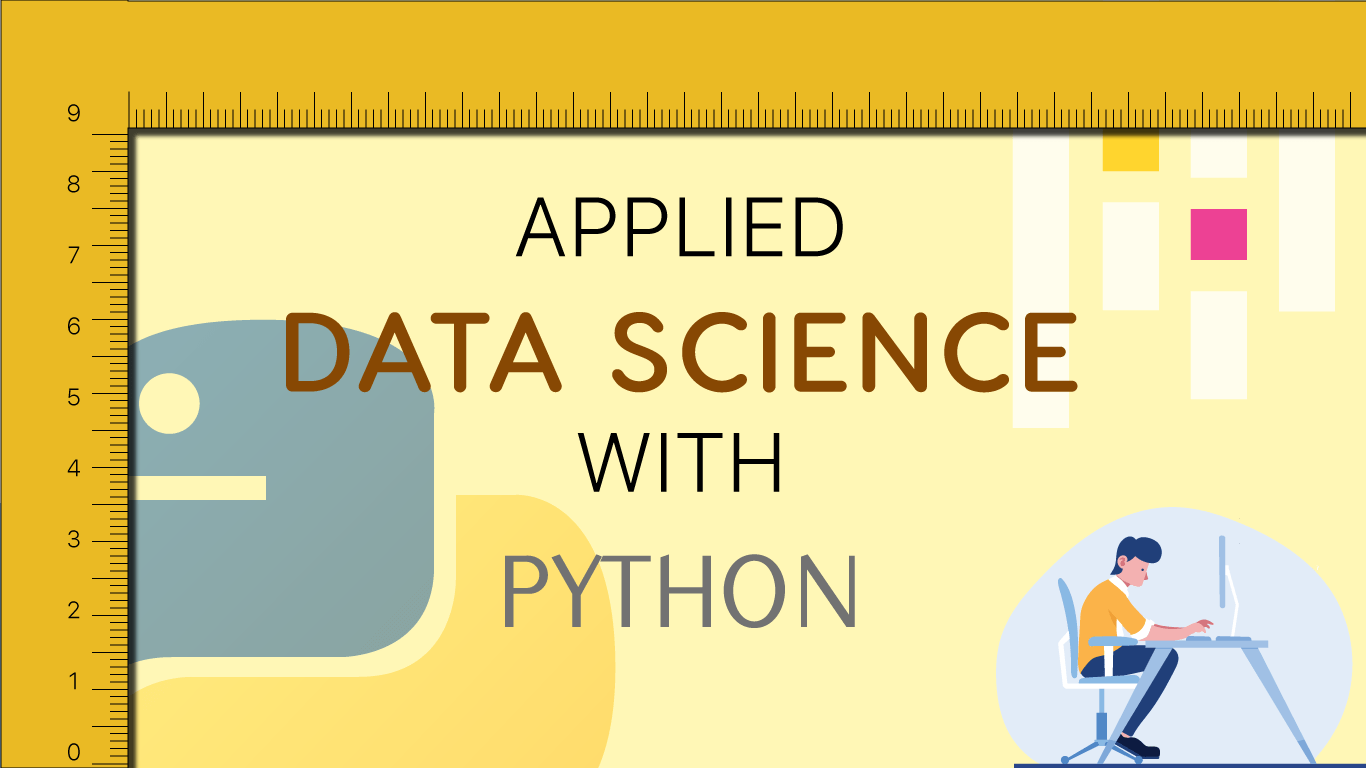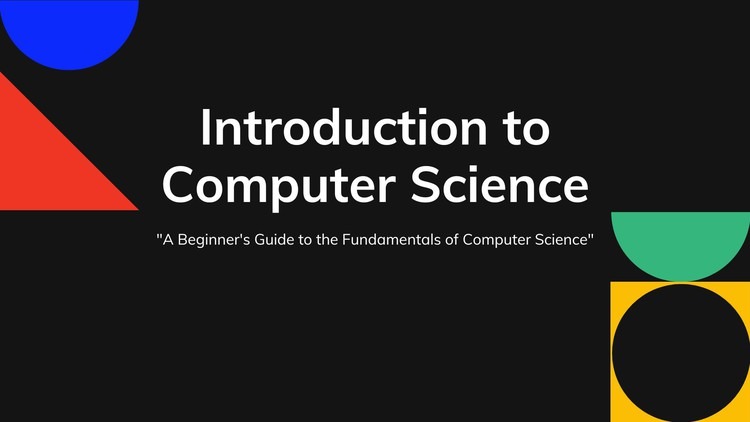Education no longer takes place only in traditional classrooms, and exams are no longer the only way of assessing learning. Micro-credentials and micro certificates are a far better alternative!
What is a Credential?
A credential proves that the holder has fulfilled predetermined requirements. In other words, a credential or credit attests to the fact that the student has met a predetermined requirement at a particular time. This is usually awarded in the form of a certificate.
The broader picture: Why micro-credentials?
In comparison to a more traditional credential, like a degree, a micro-credential gives proof of learning outcomes that are more focused, reasonably priced, and easier to obtain. This is extremely helpful in the current environment, where many businesses are suffering from a skills shortage. Micro-credentials offer a chance to quickly upskill people with specialized, current knowledge that is in line with the needs of the workforce. They document competence in a particular skill.
Micro-credentialing is becoming increasingly popular amongst students and employers because it allows both to focus on things like lifelong learning, enhanced learning flexibility, and employability. They are stackable and modular, so students can keep on building on them.

Micro-credentials > Exams
Micro-credentials provide evidence that size does not always matter, and bigger is not necessarily better. In the field of professional training and development, this is unquestionably true. Micro-credentials provide a definite edge over exams. Below are some of the reasons.
- The closure of the skill gap: Micro-credentials offer upskilling choices in industries where traditional exams might not be sufficient, such as those that are expanding and changing rapidly. An exam curriculum gets obsolete very quickly. Micro-credentials are agile and a quick and simple way to allow you to stand out from the competition by showcasing your expertise in an area that is continually growing.
- Diversification: Micro-credentials can be very beneficial for both students and growing industries. They enable micro-schools and learning pods to adjust to the needs of both students and companies. Students can benefit from them wherever they live to advance their education in a specialized field and network with other students and faculty members in the area.
- Maximum flexibility: The most adaptable micro-credentialing system is one that can be attained at home and in pods. Nowadays, a lot of certifications can be obtained online, either as standalone modules or as recordings of in-person training. Additionally, prospective students can customize their education to match their hectic schedules and preferred learning styles by gaining many “micro-credentials,” or micro certifications. For people whose lives drew them away from formal education for any reason—such as full-time employment or taking care of a family—micro-credentials offer a path back into education.
- Continues use of information learned: Micro-credentials ultimately help students succeed in their careers. They enable individuals with a rigid curriculum to pursue another and become specialists in that field. Businesses are increasingly respecting micro-qualifications, whether they are entry-level or supplementary credentials.
- Employers Are Prioritizing Skills Over Academics: There is an increase in employment based on skills. Employees who have obtained their skills through alternative routes make up the talent pool that is currently being found. For example, Walmart just formed an Open Skills Network “to expedite a change to skills-based educations and hiring,” according to Forbes. Micro-credentials are in a good position to play a vital role in creating retention and recruitment strategies that are skills-focused since they capture the most specific abilities.
Micro-credentials, as mentioned above, mark a significant shift from conventional, broad-scope education based on exams. When used properly, they are versatile and creative instruments that exhibit a high level of professionalism.
But can exam results be replaced by micro-credentials?
This is just a matter of time, and will change the educational environment for the better. Micro-credentials promote skill-based learning, whereas exam-based education tests only the cramming and memorising capacity of the students – skills that are of limited use in the workplace !
Students are given control over their education through skill-based education, which also enables them to narrow their understanding gap. Micro-credentials are ideally suited to quickly verifying the development of targeted skills. A “F” grade on the exam mark sheet creates despair and doesn’t really help the student to learn better. The way that society views education is strongly influenced by these connections.
We believe that we should encourage students to dream big, take chances, and engage in diverse thinking, all of which are extremely doable with the help of micro-credentials. Truly innovative concepts emerge in such environments. In this quest, students should embrace skills over success.
Micro-credentialing is becoming increasingly popular amongst students and employers because it allows both to focus on things like lifelong learning, enhanced learning flexibility, and employability. They are stackable and modular, so students can keep on building on them.
What are micro-credentials, and how do they differ from traditional credentials like degrees?
Micro-credentials are focused, affordable, and easier-to-obtain qualifications that attest to specific skills or knowledge. Unlike traditional credentials, which are broad and encompass a wide range of topics over several years (like degrees), micro-credentials are modular and can be earned quickly. They provide proof of learning outcomes in specific areas, allowing for rapid upskilling and alignment with current workforce needs.
Why are micro-credentials becoming increasingly popular among students and employers?
Micro-credentials are gaining popularity because they offer lifelong learning opportunities, enhanced flexibility, and improved employability. For students, they provide a pathway to continuously build and stack qualifications to advance their careers. Employers value them as they help close the skills gap by providing specialized, up-to-date knowledge that is directly applicable to the job market. This focus on specific skills over broad academic achievements aligns with the current trend of skills-based hiring.
How do micro-credentials contribute to bridging the skills gap in rapidly changing industries?
Micro-credentials offer a quick and agile way to upskill individuals in industries that are evolving fast. Traditional exams and curricula often become obsolete quickly, whereas micro-credentials can be updated and obtained in response to current trends and technologies. This adaptability helps students stay relevant and competitive in their fields by showcasing their expertise in areas that are continuously developing.
How do micro-credentials provide flexibility and accessibility for learners?
Micro-credentials are highly flexible and accessible, allowing learners to obtain certifications online, at home, or in learning pods. This flexibility is especially beneficial for those with busy schedules, full-time jobs, or family responsibilities. Learners can customize their education to fit their needs and continue their professional development without the constraints of traditional classroom settings. This approach ensures that education can be pursued by anyone, anywhere, at any time, making it a viable option for diverse and non-traditional students.

